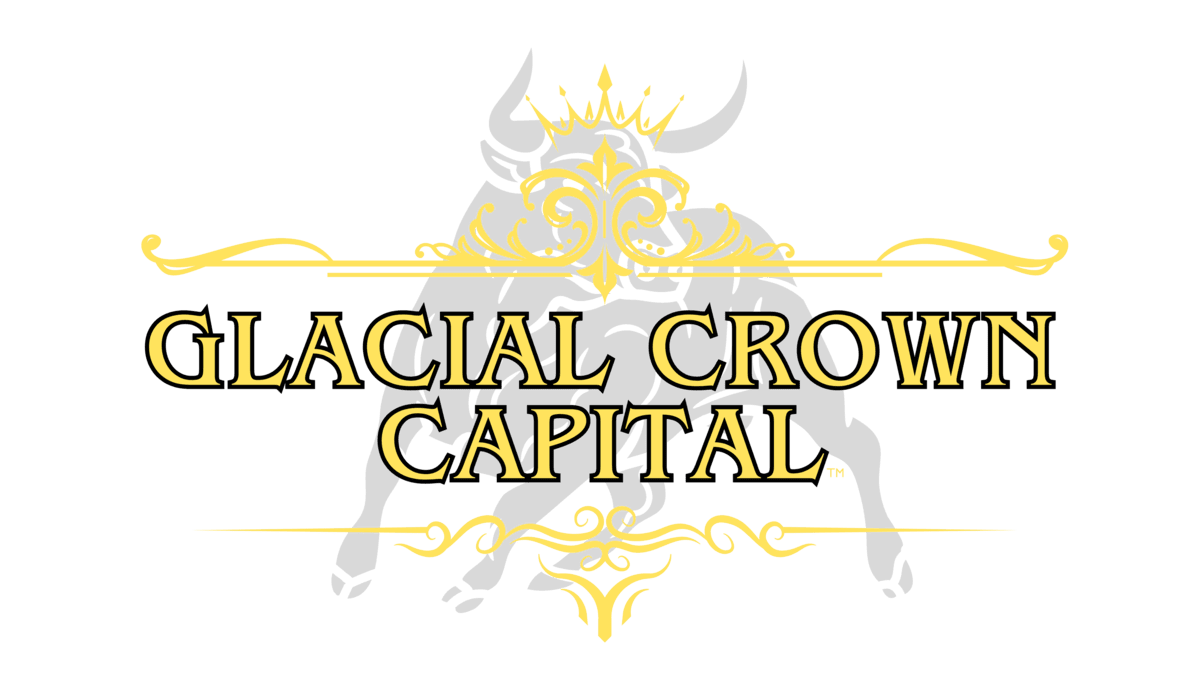Index funds have emerged as a powerful tool for democratic investing, allowing individuals from all walks of life to gain access to market returns without the need for deep financial knowledge or significant capital.
They truly embody the conscientious spirit of democratized finance, a point vigorously championed by the late John C. Bogle, the founder of Vanguard Group and a staunch advocate for the individual investor. In his seminal work, “The Battle for the Soul of Capitalism,” Bogle not only deconstructs the maladies plaguing the financial system but also repositions index funds as the catalysts for restoring the ethos of fiduciary responsibility and fairness in the realm of investment.
It is through their simplicity, coupled with their cost-effectiveness, and the potential for long-term growth that index funds not only level the playing field but also rekindle the vibrant flame of hope for a fairer capitalist system where every investor has the chance to share in the prosperity of the markets.

Introduction to Index Funds and Democratic Investing
The conception of index funds is a narrative of revolutionary insight, one that disrupted the traditional norms of active investment management. Pioneered in the 1970s, these funds aimed to replicate the performance of a market index, such as the S&P 500, rather than trying to outperform it. This approach was built on the Efficient Market Hypothesis, which posits that all known information about investment securities is almost instantly reflected in their prices. Index funds offered investors a vehicle to ride the market tides with the assurance of receiving average returns, bypassing the often futile and expensive attempts by active managers to beat the market.
Empowering the Individual Investor
John Bogle fervently believed that the soul of capitalism was intertwined with the fortunes of the individual investor. In the preface to his battle cry for reform, he observed the shift of financial power from the hands of the individual to the realm of institutional intermediaries, a trend that he argued jeopardized the very foundation of ownership in the American enterprise system. Index funds, however, emerged as a beacon of empowerment, enabling investors to reclaim their agency. By providing direct access to broad market exposure at minimal costs, these funds empower individuals to take command of their financial destinies, immune to the whims of overpriced experts whose performances frequently fell short of their promises.
The Cost Advantage and Its Compounding Effect
The mathematical beauty of index funds lies in their inherently low costs. Without the need for a legion of analysts and fund managers to select securities, these funds eschew the high expense ratios that erode returns in actively managed funds. It is the relentless compounding of these cost savings over time that magnifies the advantage for the investor, much like a slow but steadfast river carving its way through a landscape. Bogle’s ethos was one of unwavering discipline; by embracing the economical structure of index funds, investors could let compounding work its magic, potentially leading to considerable wealth accumulation over time.
Reinforcing Corporate Governance
Index funds not only promise financial inclusion and affordability but also play a crucial role in corporate governance. By holding a cross-section of the market, these funds become significant shareholders in a multitude of companies, assuming the mantle of corporate oversight. Bogle ardently supported the premise that shareholders should not be passive owners; rather, they must act as vigilant guardians of corporate integrity. This collective clout, when exercised judiciously, can compel companies to adopt sustainable practices, demonstrate transparency, and align executive compensation with shareholder interests.
Fostering Financial Literacy and Stability
A well-informed public is the bedrock of a well-functioning democracy, and the same holds true for the democratic nature of index funds. Bogle championed the cause of financial literacy, understanding that informed investors make better decisions not just for themselves but for the health of the entire market ecosystem. Index funds, with their straightforward investment thesis, serve as ideal tools for investors to familiarize themselves with market dynamics without the convolutions of stock picking. Moreover, the broad diversification inherent in these funds shelters individual portfolios from the specific risks of single-stock investments, contributing to greater financial stability for investors and the market alike.
Cost Efficiency: The Unseen Hero
Perhaps the most compelling argument for index funds is their cost efficiency. While traditional actively managed funds often come with hefty management fees, justified by the promise of outperforming the market, however, empirical evidence consistently favors the humble index fund. This operates on the principle of minimal turnover and lower operational costs. The rationale is simple yet profound: by minimizing expenses, more of the investor’s capital is invested in the market, thereby harnessing the power of compounding to its fullest potential. Over the years, this can lead to significant differences in investment outcomes, ultimately making index funds a go-to choice for those seeking to maximize their hard-earned money’s growth. This cost-effective feature, when coupled with broad market exposure, offers a compelling case for why index funds should be a cornerstone in any investment portfolio.

Promoting Financial Literacy and Inclusion
Index funds promote financial literacy and inclusion by offering a simple, cost-efficient entry into investing. They empower people of all financial backgrounds to grow personal wealth, fostering economic growth and understanding of personal finance. Requiring minimal research, they support a hands-off investment strategy while still engaging investors in market dynamics. Thus, index funds act as educational tools, enhancing financial empowerment and savvy, significantly impacting both individual investors and the financial system.
Case Study: The Success of Index Fund Investors
One compelling case study demonstrating the practical benefits of index funds can be found in the experiences of retirement savers utilizing the 401(k) structure. Jim, a secondary school teacher, decided to switch his 401(k) contributions entirely to a low-cost S&P 500 index fund after noticing that the actively managed funds available to him came with high fees and inconsistent performance. Over a 30-year career span, Jim’s consistent contributions, along with the fund’s minimal fees and compounding returns that closely matched the performance of the benchmark index, allowed him to amass a retirement nest egg significantly larger than what many of his colleagues managed using more actively managed funds.
Jim’s case illustrates the endurance of index funds in a typical investor’s portfolio. Despite economic downturns and market volatility, the index fund’s broad exposure ensured he was well-diversified, reducing the risk of significant losses. Furthermore, his decision to sidestep higher-cost funds meant that more of his money remained invested; a decision that, thanks to the power of compounding, paid off substantially by the time he retired. His example offers a microcosm of Bogle’s vision: democratizing finance and providing better outcomes for individual investors through the vehicle of index funds. By betting on the steady growth of the entire market, rather than the uncertain promise of any single manager, Jim was able to retire with peace of mind and financial security.
Arguments Against Index Funds: The Limits of Passive Investing
Despite strong advocacy for index funds, critics highlight potential pitfalls including market distortions from funds tracking the same indices, potentially inflating stock prices without regard for company fundamentals, thus reducing market efficiency. Additionally, the dominance of passive investing might impair price discovery, traditionally led by active managers.
In market downturns, critics suggest index funds could worsen crashes through mass sell-offs. This ‘death spiral’ could heighten systemic risks. Moreover, index funds’ broad diversification might not suit investors aiming for outperformance or those with skills to analyze markets deeply.
While index funds are foundational, some in finance recommend a balanced approach with active strategies to better handle market complexities and exploit opportunities index funds might miss.
Index funds embody a truer capitalism, empowering individual investors and promoting an equitable financial system with clarity and simplicity.
Act now: Democratize your investments with index funds, following the legacy of John Bogle. Together, let’s shape a market for all.
Learn more about Index Funds here.
Learn how to retire early here
Disclaimer: The information provided here is for educational purposes only. It does not constitute investment advice or a guarantee of performance. Investing involves risks, including the possible loss of capital. Seek advice from financial and tax professionals tailored to your financial circumstances and goals.



















